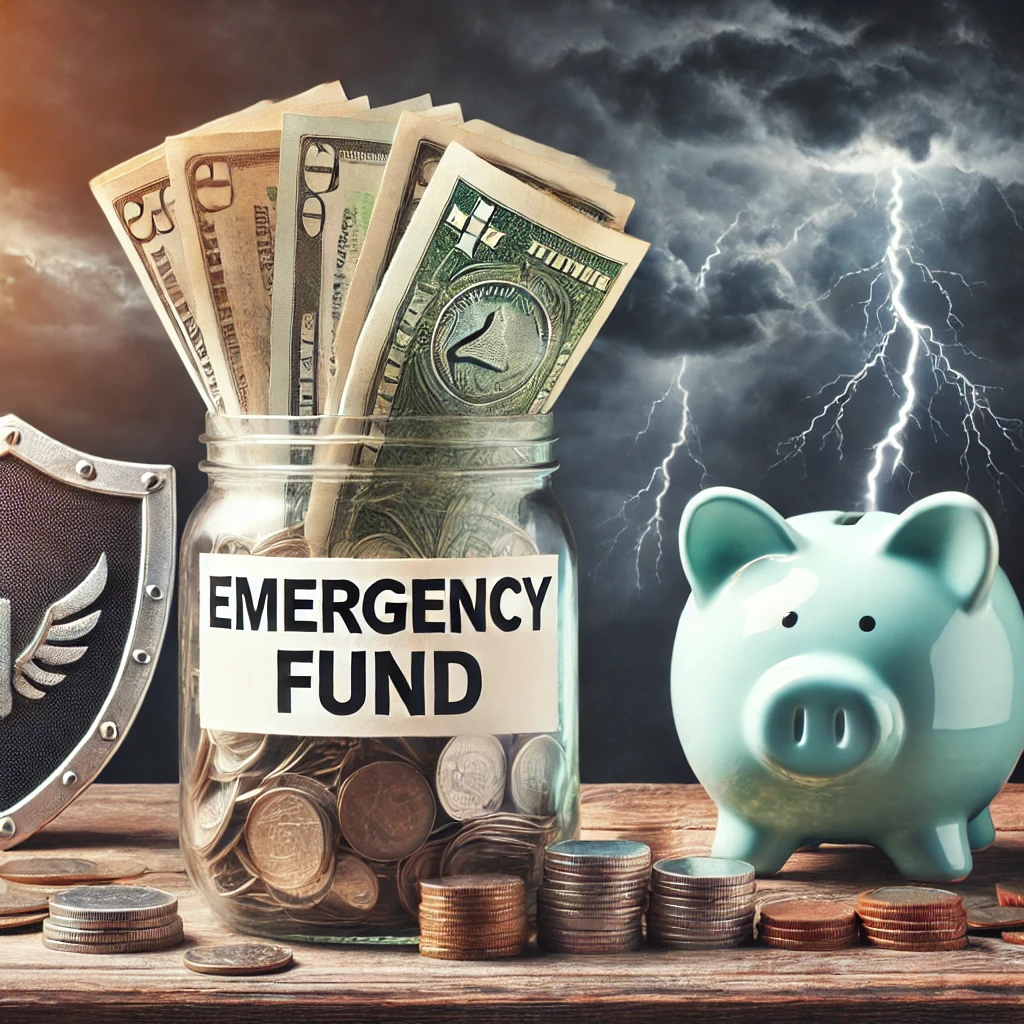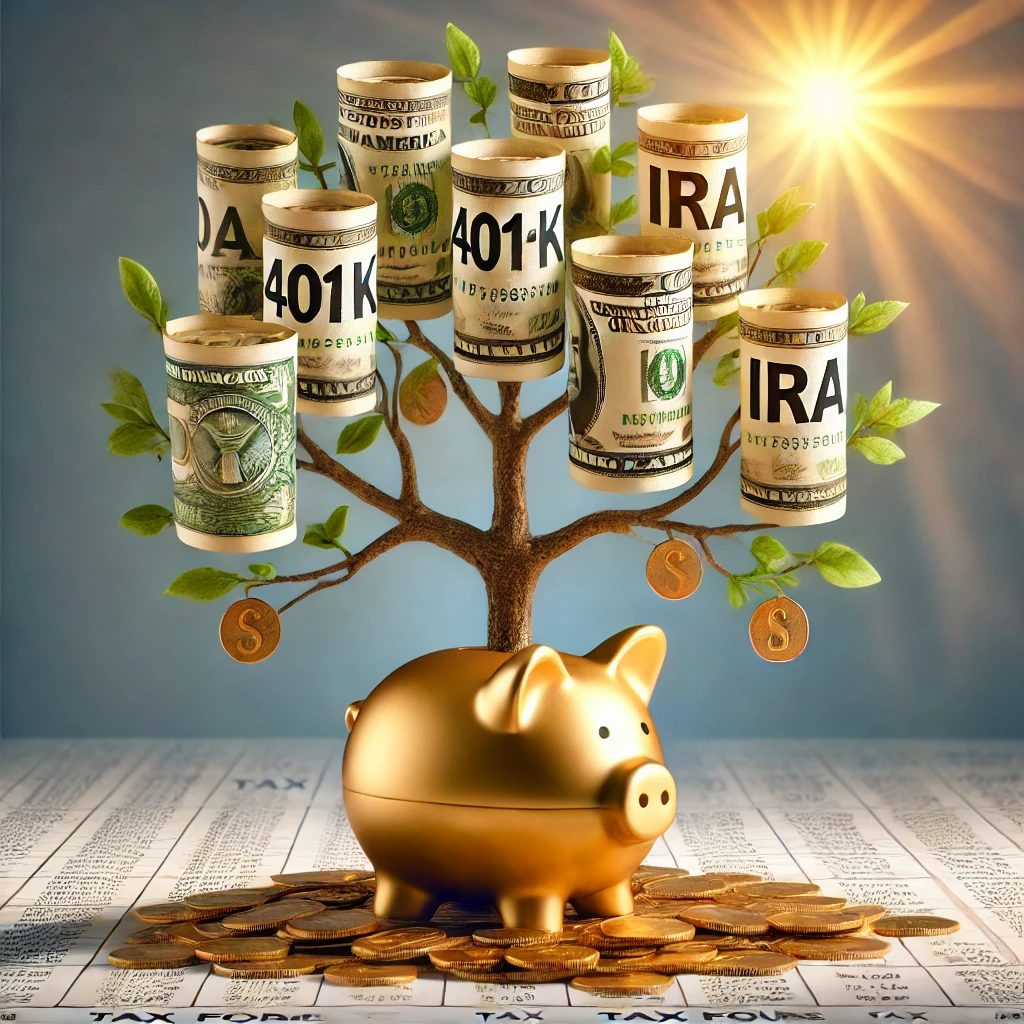To protect your purchasing power over the next four years, it’s crucial to understand how economic threats from plans like Project 2025 could impact you. One important strategy is diversifying your investments. Project 2025 proposes lowering the corporate tax rate to 18% and shifting tax burdens onto middle-class families, potentially destabilizing financial markets. Diversifying your portfolio across real estate, precious metals, international funds, and other assets can provide stability in a fluctuating economic environment.

Building an emergency fund is essential. Project 2025 plans to make fewer workers eligible for overtime pay and undermine labor protections, threatening income stability for millions. Having three to six months of living expenses saved up will help you navigate any financial shocks, especially if job security and pay become less reliable.

Reducing your debt load is also critical. With proposals like a potential national sales tax, which could increase the cost of goods and services by up to 30%, debt repayment should be a top priority. By focusing on eliminating high-interest loans and credit card balances, you’ll be better prepared to handle any cost-of-living increases.

Maximizing tax-advantaged accounts such as 401(k)s and IRAs is another smart move. Project 2025 aims to simplify the tax code, potentially eliminating deductions like the Earned Income Tax Credit (EITC) and Child Tax Credit (CTC) that benefit middle-class families. By contributing to retirement accounts now, you can reduce your taxable income and protect more of your earnings from future tax hikes.

Investing in skills and education is vital to counteract potential economic disruptions. The plan outlines reducing worker protections and weakening unionization efforts, which could make jobs less secure. By upgrading your skills and staying competitive in your field, you’ll be in a stronger position to adapt to a changing labor market and find better opportunities.

Make large purchases now, such as home appliances, a new car, or home improvements, now may be the best time to act. With potential economic changes looming, including the possibility of a national sales tax and rising costs of goods, locking in current prices could save you significant money. Delaying these purchases may mean paying more in the future, as inflation and supply chain disruptions are likely to continue driving up prices. Taking advantage of today’s rates and deals can help protect your budget from future financial pressures.

Allocating a small portion of your investments to Bitcoin can act as an insurance policy. The plan’s potential economic upheavals, such as shifting taxes onto the middle class and reducing federal economic oversight, could create instability. Bitcoin, as a decentralized asset, has shown resilience in times of economic uncertainty and can help safeguard your purchasing power.

Shopping smart and buying in bulk will be increasingly important if Project 2025’s national sales tax proposal becomes a reality, making essentials like groceries and housing more expensive. Stocking up on non-perishable items and using discount and cashback programs can help offset these higher costs and stretch your budget further.

Staying informed about policy changes is another key step. Project 2025 proposes abolishing the Consumer Financial Protection Bureau and removing the Federal Reserve’s focus on full employment, both of which could impact consumer rights and job opportunities. Keeping up with these developments will help you make timely financial decisions and adjust your strategies as needed.

Finally, protecting your credit will become even more critical. Without the Consumer Financial Protection Bureau, predatory financial practices could increase. Regularly monitoring your credit report and being cautious about financial offers will be essential to safeguard your finances and avoid falling victim to scams.
By taking these actions, you can better defend against Project 2025’s economic proposals, which aim to shift tax burdens, reduce labor protections, and benefit the wealthy at the expense of working families. Planning ahead will help you maintain financial security in the face of these potential challenges.





